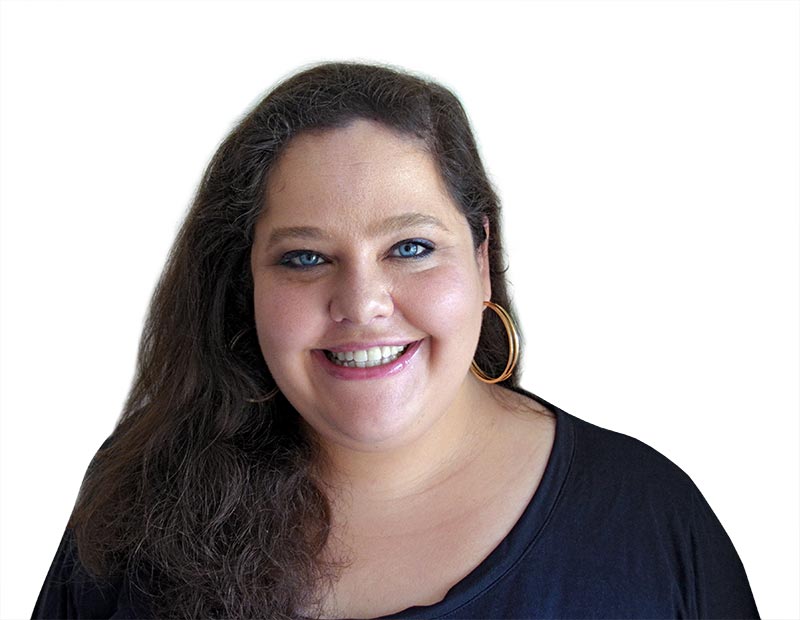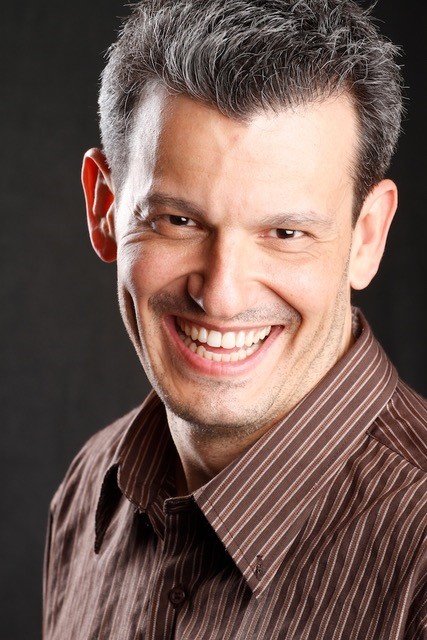HOW TO RESPOND TO A CALL FOR PAPERS OR PRESENTERS EFFECTIVELY
Vinicius Diamantino organized a much needed online panel* about how to deliver killer presentations at ELT and educational events. Unfortunately, I wasn’t able to participate as planned, but what follows is what I had prepared: how to write effective abstracts and summaries that will get you accepted as a speaker in the first place. Do, though, watch the free webinar ( gMX55xT46244F6H ) with Claire Venables and Cecilia Lemos because they make the points much better! They also talk about the delivery of the presentation itself with invaluable tips and an interesting controversy.
Also, don’t forget to put the tips into practice. For one, BrELT on the Road is having its second edition in São Paulo, and the call for presentations is open until June 11. The BRAZ-TESOL International Conference (BTIC), one of the largest ELT conferences in the world, opens a call every two years, and BRAZ-TESOL local chapter and SIGs often open calls as well. In addition, there are many other events around Brazil and the world that offer that opportunity.
Of course session slots in events are limited (and there is no shame in being turned down a few times), so you need to make your proposal stand out. And the magic word for that is P-R-E-P-A-R-E.
1) P for PICK YOUR PASSION.
Choose a topic and context you’re passionate about within the event’s overarching theme. As Claire says in the webinar, your passion can be something you do with your students — a hands-on best practice — or it can be something you have been studying or reflecting about. If you’re struggling to find a topic, jump to number 7 on this list if you must, but don’t fall into the trap of thinking you have nothing to contribute. You’re a teacher, so contributing is what you do for a living. Unless you’re very much a novice (and sometimes even then), other teachers can learn from your experience and your passion.
As for the event theme, notice some have a broad umbrella topic that will accept mostly anything within our field (e.g. 16th BTIC’s “Through the kaleidoscope: Multiple perspectives in ELT”), but for those with more of a niche focus (e.g. BRAZ-TESOL’s Sao Paulo Chapter first event in 2018 “TechELT: It’s for everyone!”), you’ll need to send something that fits the bill or choose another event. Don’t send a proposal just for sake of sending it because you’ll need to commit to the topic if you’re accepted. It’s just painful to be working so hard on something that does not appeal to you – and it’ll be even more difficult for the audience to watch.
2) R for REMEMBER THE AUDIENCE AND REACH THEIR GOAL.
There’s a quote I don’t know who to attribute to but that I just love, “If you have something important to say, for crying out loud, start by the end!” Nobody likes ramblers, do we? So first and foremost think of what you would like people to get out of your session and preferably write that in a clearly stated sentence at the very beginning of your session proposal (like a thesis statement or topic sentence, as Cecilia Lemos reminded us).
Remember, just like in a lesson, the objective is not your own (“to present this, that, and the other”) but rather the audience’s. What will the audience learn or have an opportunity to discuss or try their hands at? As Claire brilliantly put it, what classroom problem are you tackling? It may sound like a cheap turn of phrase, but it’s actually an important change of mindset or frame. We’re so nervous as first-time speakers (as we once were as novice teachers) that we risk forgetting that the main aim of an event session is not our development as a speaker but the attendees development as teachers (and ultimately of their students, as our dearest Luiz Otavio Barros is always kindly reminding us).
When you are thinking of your audience’s objective, think also of who that audience is going to be: anyone in ELT or maybe only novice teachers, ESP practitioners, high school teachers, etc.? If you’re aiming at a specific public, you may need to clarify that in your proposal. For instance, if you’re presenting about the initial challenges of becoming a private teacher, there’s probably going to be little gain for peers who have already been teaching one-to-one for years. Conversely, if you’re talking about a detailed controversy in Aviation English, people who have never taught pilots or controllers won’t make heads or tails of your session. Make that clear if needed, so your audience is not frustrated through no fault of your presentation skills.
3) E FOR EDUCATE YOURSELF.
Even if you are describing a hands-on activity or presenting “your” views on a topic, nothing comes out of thin air. An activity embeds beliefs about language teaching and learning you may need to make explicit. “Your” view on a topic needs to be contextualized within other views (and you may be surprised at how many authors may or may not share your view). Even if you disagree from current practice, you need to acknowledge the mainstream view and provide some backing for your claims. So when writing the abstract or proposal, show you know your stuff. Refer to research or theory on the topic and say how that backs up what you’re saying or why you think current beliefs and practices are lacking.
However, you don’t have to make a full citation or add a reference list. There’s no room for that. Instead, if writing about communicative competence for instance, you can refer to what you read as “Bachman’s (1990) model”, “the model described in Bachman (1990)” or “bla bla bla (Bachman, 1990)”.
4) P FOR PLAN THE ROUTE.
You don’t need to have the presentation ready by the time you submit your abstract, but it’s important to have an outline of how you’ll help your audience reach the objective. That also helps you decide on what kind of session you’ll deliver, i.e. a workshop or a talk, and how long it needs to be. If the word limit allows, also provide that outline in your abstract or session summary, as your proposal will probably be judged on how clear your steps are and how consistent they are with the stated objective.
5) A FOR ANALYZE THE GENRE.
What do conference organizers expect from the proposals: a teaser or a more formal summary of the session? Do they expect you to write both? What kind of titles do sessions usually have in the conference: more descriptive and serious or more eye-catching and fun? How low can you go in terms of register (informality)? Read up on all you have available on the conference, especially speaker guidelines and previous abstracts if you can get hold of them.
6) R FOR REREAD AND REVISE.
Of course we can’t forget the good ol’ text mechanics. If any professional would worry about their written language, let alone us language teachers, right? So do think of cohesion, coherence, spelling, punctuation, grammar, breadth of vocabulary, etc. Remember your English in the abstract or proposal needs to be at the expected level of proficiency of a speaker of that event. Also, avoid assuming people understand as much as you about *your* topic. In other words, avoid obscure acronyms and jargon, so people who don’t know much about the topic can understand what your proposal is about.
7) E FOR ENLIST HELP.
Maybe the steps above sound overwhelming. They can, indeed, be, especially if it’s your first attempt at presenting. Nevertheless, you don’t need to go at it alone. The best presenters usually have (had) help from mentors to get where they are. Maybe they still ask for help. So tap that resource, too. Find a mentor to call your own, someone you admire who is willing to help you determine a topic and come up with a catchier title, to clarify your ideas about the session outline, to give you feedback on your outline and your text, to proofread your abstract at the end, etc. Most speakers in Brazil I’ve met were eager to help, but remember what our parents told us about the magic words: “Saying thank you, please, and excuse me makes you welcome everywhere you roam.”
Above all, try. Presenting a session can be a great way to learn more about a topic from various forms: you study more about it, you will get to reflect on what you do in your practice, and hopefully you’ll hear feedback from your peers who have attended your session. More importantly, you get to contribute to the profession in Brazil with your knowledge, skills and experience. So as a certain shoe company would say, just do it.
********************
*Thank you again, Vinicius, for the kind invitation, Claire Venables for helping me think about this, and Cecilia Lemos for the last-minute substitution that proved way better than the initial plan. 🙂 I’m a fan of the three of you!






